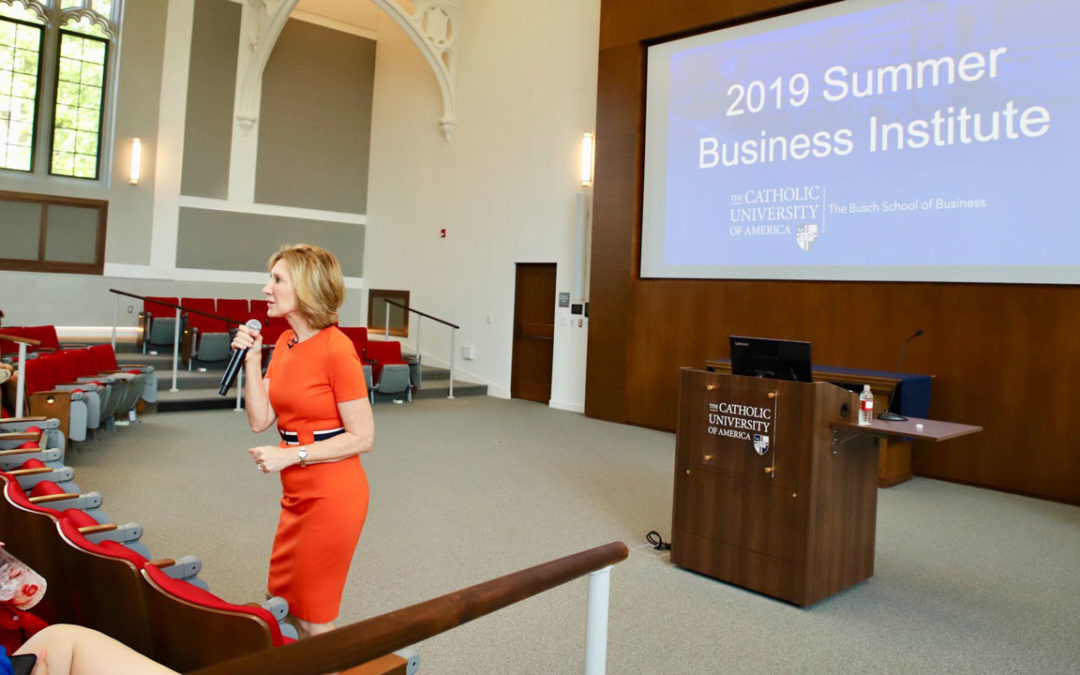
Newsletter: How Do I Lead Up?
I was recently asked this question by a coaching client of mine. Like so many of us, she had a boss, and that boss needed her leadership.
Although this may seem like a contradiction at first, it’s actually a very common situation. Remember that leadership is not actually about your title or your boss’s and it’s not about your relative position on the organizational chart. Leadership is about solving problems and changing the order of things for the better and isn’t defined by either title or position.
Her question reminded me of a similar situation in my career. I had just achieved the lowest rung of middle management. I was responsible for a group of sales and services teams that worked with a particular customer. Very soon after I arrived, the customer announced they were putting all of their communications services out for bid. The contract would be worth $25 Billion. It was a very, very big deal and way over my head. I needed help and lots of it.







